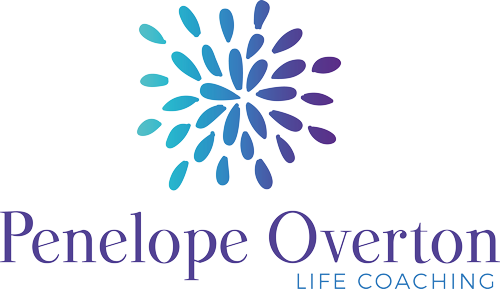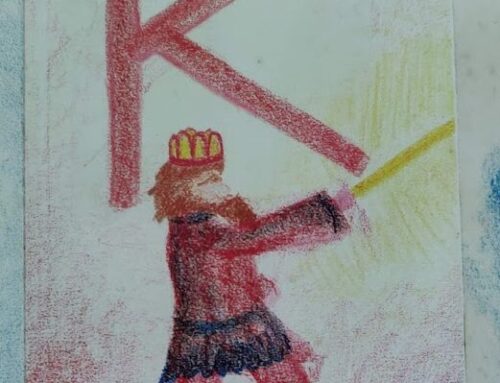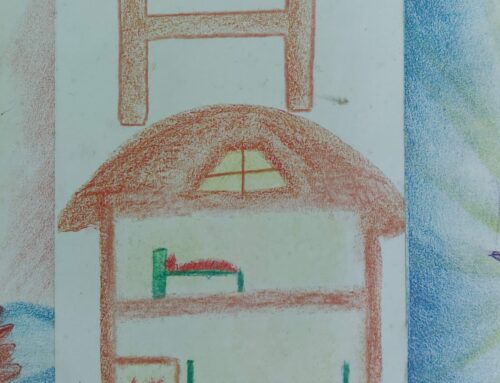I did my accounts yesterday. It’s a job made not only bearable but actually enjoyable by the addition of Spotify. I shuffled through a playlist called Classic Covers.
Halfway into November’s expenses I found myself listening to something I couldn’t at first place – deeply familiar and at the same time completely new. It took me a moment to recognise a ponderous version of Let’s Dance, a slow voice accompanied by an acoustic guitar, a hesitant harmonica between verses. The tempo was different and the rhythm was new too. I don’t know enough about music to describe the form but it had changed from something you might, well, dance to, to a kind of lament. (M Ward from an album called the Transformation of Vincent if anyone’s interested).
The Bowie version is so well known that it’s easy to take no notice of it; this version conjured new images and new understandings. I saw someone sway through the crowd to an empty space. I felt that person tremble like an actual flower.
One of the most useful tools for a mediator is to reflect the words of one party in the hearing of the other. The person whose view is being spoken is given the chance to hear his/her thoughts from a place other than their own head (which often causes at least some shift). The other person is able to hear something they don’t agree with out of the mouth of a neutral person, one that carries much less emotional weight (which often means they can agree with at least some of it).
When I coach, it is my reflection of my client’s words together with what I am picking up around the edges – things said, things left out, repeated, or rushed over – which my clients often say they find the most helpful.
As I brought my accounts up to date, I found myself thinking about the value of hearing one’s own thoughts spoken in a different voice, with a different tempo, a new rhythm and possibly even a slightly different tune. Sometimes what we all need is to hear our own songs in a cover version.




